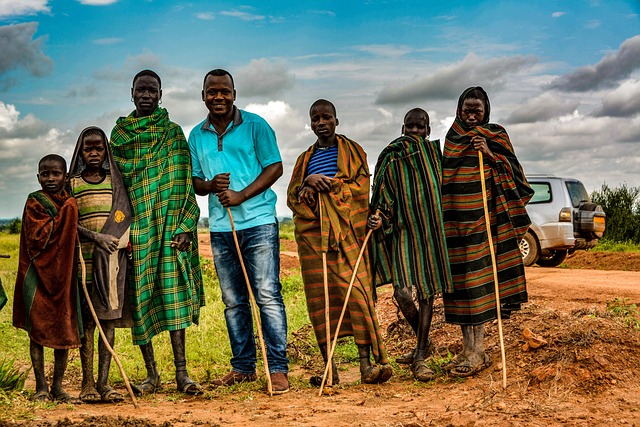Upon the mention of Uganda, images of mist-capped mountains and elusive mountain gorillas often come to mind. This East African country is indeed known for its stunning biodiversity. However, as with any foreign travel, potential visitors often pose questions regarding safety.
**Overall Situation**
In general, Uganda is considered safe for tourists. Many travelers visit each year without incident. However, like any country, it is not immune from crime and accidents. Therefore, vigilance and common sense are needed when traveling around.
**Crime Rates**
Major touristic sites have a low incidence of serious crime. Theft or pickpocketing could occur in crowded city areas like Kampala or on public transport options; anti-theft bags and avoiding conspicuous display of wealth can address these risks.
**Health Risks**
To visit Uganda, you may require vaccinations against diseases like typhoid, hepatitis A and B, meningitis, and rabies. Plus a valid Yellow Fever certificate is mandatory. Always consult with your medical practitioner about these before your trip.
Proper precautions should be taken to avoid mosquito-borne diseases such as Malaria; this includes using repellents and staying in accommodations with protective netting around beds.
**Political Stability**
As compared to some neighboring countries its political environment remains largely stable which has resulted in maintaining an atmosphere conducive for tourism. It's always advisable to stay updated on local news during your stay.
**Transportation Safety**
Road conditions might be challenging especially during rainy season causing delays due to poor infrastructure predominantly outside mainstream towns/cities.
Travel advisories recommend choosing day-time travel since night-time driving involves higher risk factors including poor lighting and increase in drunk-driving instances.
Tour operators are generally reliable ensuring safety of their clients leveraging the exceptional beauty Uganda has on offer such as trekking experiences or wildlife safaris.
Remember though individual experiences might vary largely, therefore it is always important to research comprehensively and heed advice from reliable sources before you travel.




0 Comments